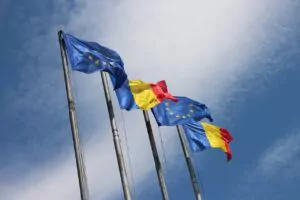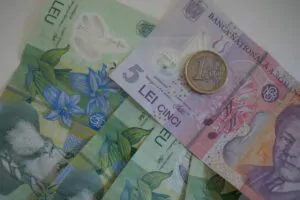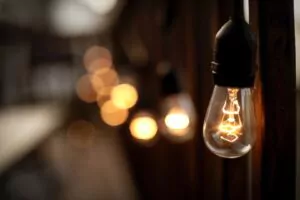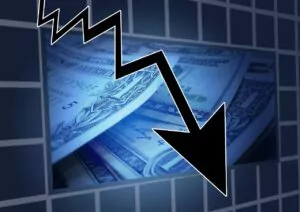A Romanian team from Cluj-Napoca won the final of this year’s European Code League competition, competing against dozens of teams from countries such as Belgium, Croatia, Germany and Turkey, according to the organisers. The team from Cluj presented the CaeliBox device, which uses sensors to measure various air parameters. Professors Dr Corina Toma, Mihaela Giurgea and their students won a €2,000 voucher for technical equipment and the chance to present their project at the European Science on Stage festival, which will take place in March 2022 in Prague, according to Actualdecluj.ro. 450 teachers from more than 30 countries are participating in the STEM education fair for teachers.
Urmărește mai jos producțiile video ale Economedia:
- articolul continuă mai jos -
The European Code League is a competition that rewards innovative coding projects created by teams of students and teachers, organised by the Science on Stage Europe network with support from SAP. In this year’s finals, the international jury evaluated dozens of coding projects submitted by STEM (Science, Technology, Engineering and Mathematics) teachers from all over Europe, and it was the project proposed by the Romanian team that stood out. The winning team consists of teachers Corina Toma, Mihaela Giurgea and their students from the “Tiberiu Popoviciu” High School of Computer Science in Cluj Napoca.
Cluj-Napoca is among the most polluted cities in the country. CaeliBox, the winning project proposed by the Romanian team, uses sensors to measure different air parameters such as CO2 concentration, humidity, pressure, temperature, noise and other harmful substances in the city and transfers the data in real time to a server so that students can access and work with the data at any time.
“Due to the fact that it has experienced a sudden growth in recent years, our beautiful city is facing an increasing level of pollution. Therefore, CaeliBox is a useful device both for research and to combat this phenomenon and to make STEM education more attractive for students, who were happy to combine programming with physics and technology,” explains Dr Corina Toma, who adds that she faced many challenges in completing the project.
“Science on Stage gave me the opportunity to find new ways to motivate my students to learn physics using IT,” says Toma, who became a teacher after 10 years working as a physicist.

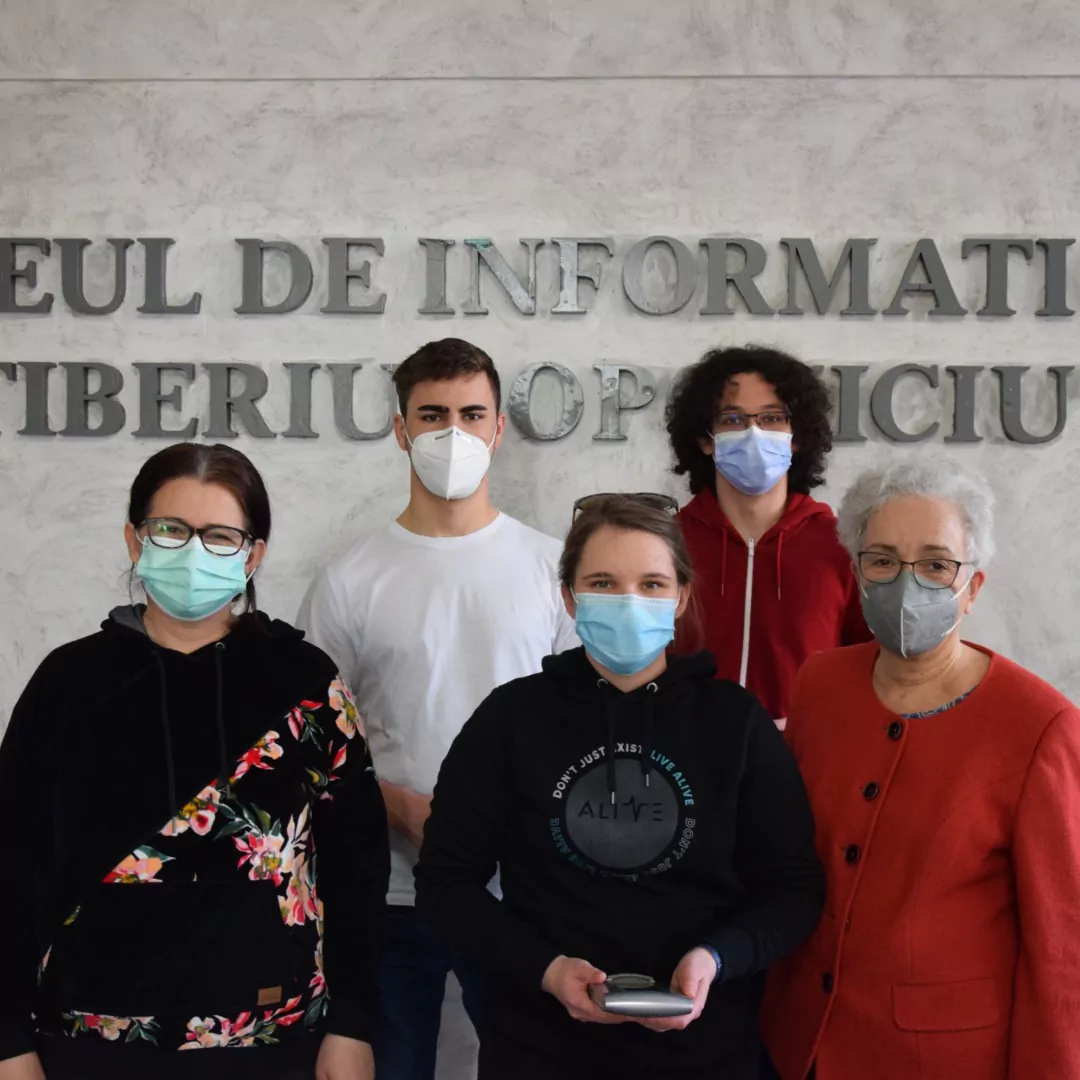 Foto: SAP
Foto: SAP























